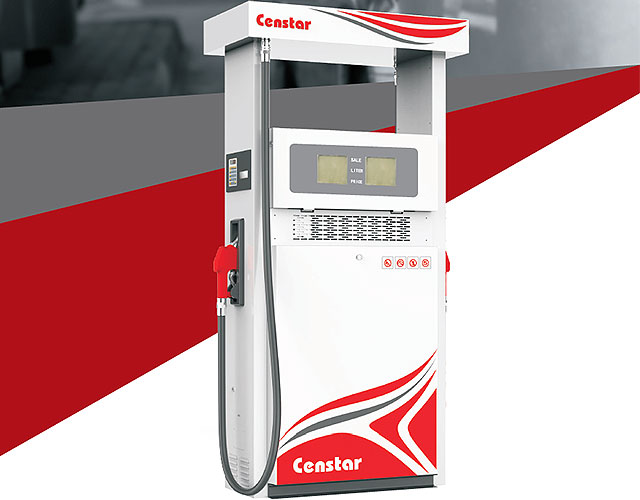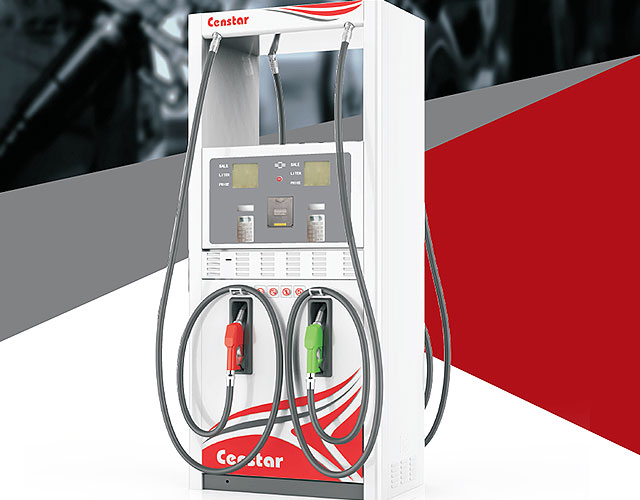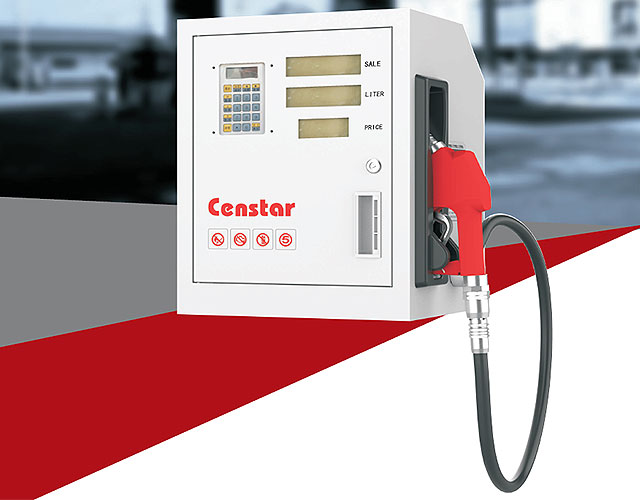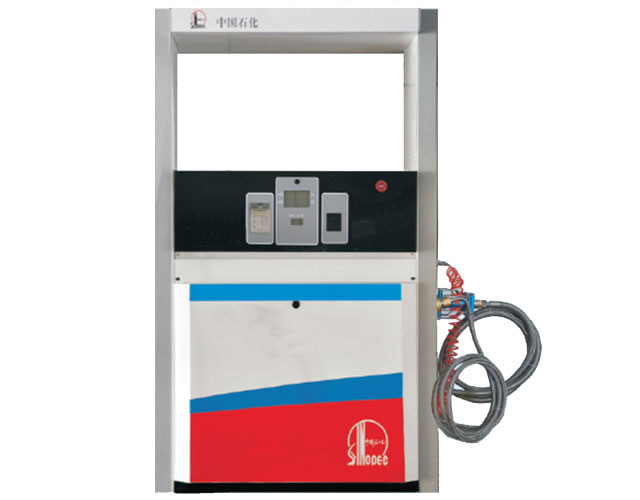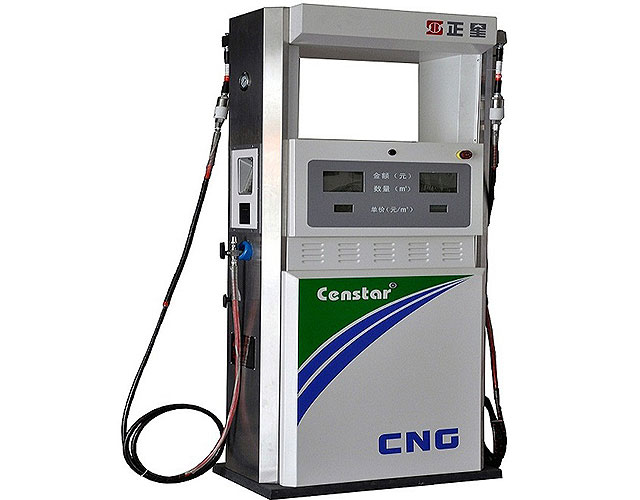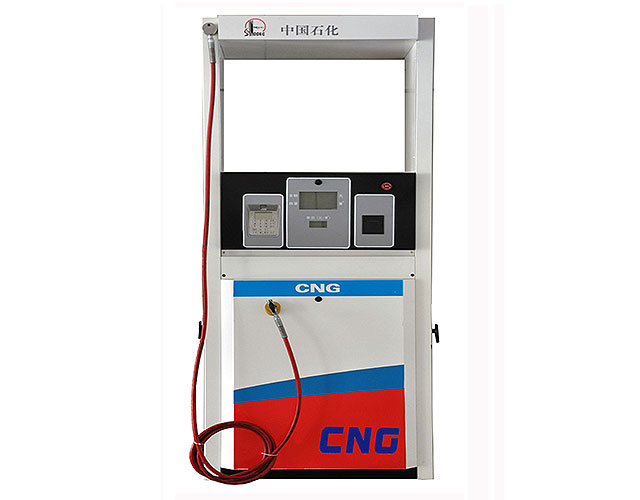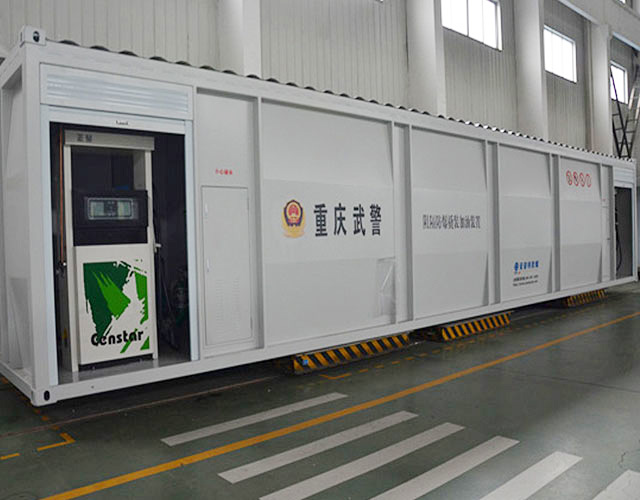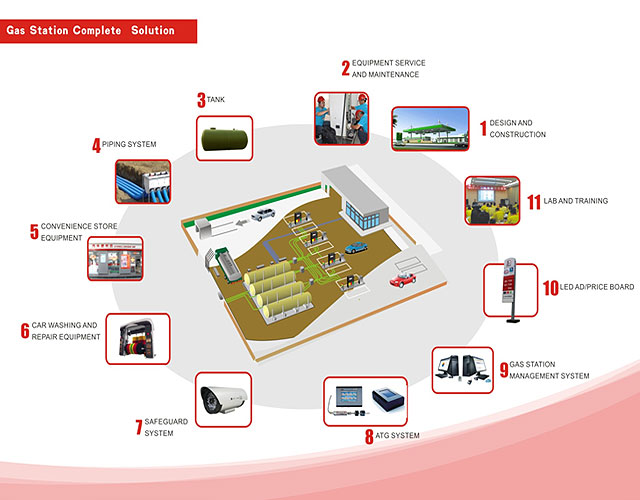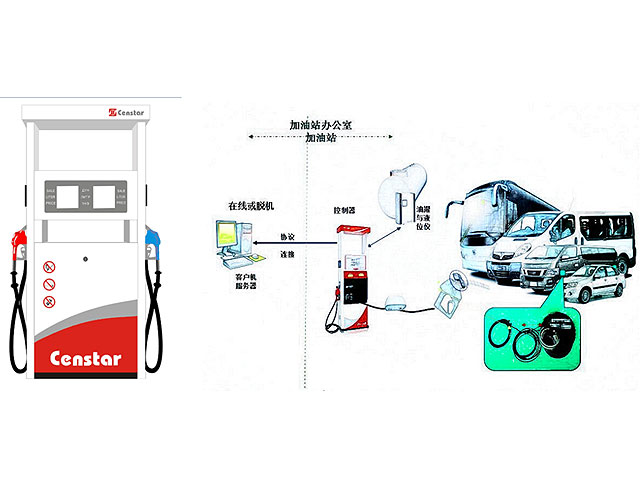displacement pump

Positive Displacement Pumps Universal 2 Series
Positive Displacement Rotary Pumps manufactured by WCB offer reliability, three way mounting, easy dissasembly and 3 A/EHEDG certification.

What is a displacement pump ? Reciprocating displacement
The displacement pumping action is achieved by the reduction or increase in volume of a space causing the liquid (or gas) to be physically moved.

Displacement Pump Article about Displacement Pump by The
displacement pump[dis′plās mənt ‚pəmp] (mechanical engineering) A pump that develops its action through the alternate filling and emptying of an enclosed volume as in a piston cylinder construction. Displacement Pump a periodicaction device used to move liquids by displacing them through the pressure exerted by another medium. There are several

Engineering Essentials: Fundamentals of Hydraulic Pumps
Download this article in .PDF format. When a hydraulic pump operates, it performs two functions. First, its mechanical action creates a vacuum at the pump inlet which allows atmospheric pressure to force liquid from the reservoir into the inlet line to the pump. Second, its mechanical action delivers this liquid to the pump outlet and forces it into the hydraulic system.

Positive Displacement Pumps Industrial Pumps PCM
Here at PCM, we offer a wide range of positive displacement pumps, designed to meet your needs whatever industry you’re working in. We take a Life Cycle Costs (LCC) approach to pump design, enabling us to provide you with the right technology for your fluids and operating environment.

Positive Displacement Pump Types Censtar
Brought to you by the Machine Tech Video Blog! In this video, Adam breaks down the different types of positive displacement pump. He covers: + Reciprocating pumps: Piston, Plunger, Diaphragm

Positive Displacement Pumps Universal 1 Series
Positive Displacement Rotary Pumps manufactured by WCB offer reliability, three way mounting, easy dissasembly and 3 A certification.

Positive Displacement Pumps from Cole Parmer
Positive displacement pumps are typically used for pumping viscous liquids and are ideal for long runs with continuous flow. These pumps typically do not produce high flow rates, but can produce higher pressures than other pump types.

Positive Displacement Pump Types Censtar
Brought to you by the Machine Tech Video Blog! In this video, Adam breaks down the different types of positive displacement pump. He covers: + Reciprocating pumps

Main Types of Pumps: Centrifugal and Positive Displacement
There are many pump designs, but most can be classified into centrifugal pumps and positive displacement pumps. For building systems to operate properly, the right type of pump must be specified for each application.

Technology Artemis Intelligent Power
Highly controllable, and extremely efficient Many of the vehicles and machines we rely on today are based on technologies developed more than a century ago. Conventional hydraulic pumps the core technology in many off road vehicles are controlled by changing the stroke of the piston with an analogue ‘swash plate’ mechanism, first patented in [ ]

Different Types of Pumps Positive Displacement Pumps
Positive Displacement Pumps. Positive Displacement pumps are generally used for specialist applications such as for pumping viscous liquids or liquids that contain suspended or fragile solids.

How To Read A Positive Displacement Pump Curve
Knowing how to read a pump curve is essential to understanding your equipment and being able to troubleshoot issues as they arise. In a previous post, we discussed how to properly read a centrifugal pump , we will discuss how to read and understand a positive displacement pump curve.

Positive Displacement Pumps
Positive Displacement Pumps. DXP is proud to represent world class suppliers for every type and class of centrifugal pumps. These pumps are pressure producing devices and are used to move low viscosity fluids for any application and for any market.

What is the difference between variable and fixed
A fixed displacement pump, regardless of type will deliver the same amount of fluid during each operating cycle. There are many types of pumps; piston, axial flow, centrifugal, rotary, vane, and others. How each works is not pertinent to the quest

Classifications of Pumps Engineering ToolBox
Related Topics . Pumps Piping systems and pumps centrifugal pumps, displacement pumps cavitation, viscosity, head and pressure, power consumption and more; Related Documents . Alternating Pumps Securing a system and achieve equal wear by alternating pumps in parallel; Centrifugal Pump Standards Centrifugal pump design and dimension standards

Positive Displacement Pumps: The Most Common Types DAE Pumps
Since there are so many different types of pumps and mechanisms, it can be a little confusing to keep track of them and how they all work. To make things a bit easier to digest, we’re going to cover 9 of the most common PD pumps in this post.

Hydraulic Pumps: Fixed vs. Variable Displacement
A hydraulic drive system uses a pressurized fluid to deliver force to distant machinery. Each system has several common components; the most universal is the hydraulic pump. The pump’s purpose is to pressurize the hydraulic fluid so that it will travel down the line and perform work on the other side. In an ‘open loop’ system, [ ]

Positive displacement vs centrifugal Castle Pumps Ltd
Positive displacement vs centrifugal pumps When to use which? There are two main families of pumps; positive displacement and centrifugal (rotodynamic), both of which have their uses and best areas of application.

Introduction to Hydraulic Pumps LunchBox Sessions
Learn about Fixed & Variable Displacement Pumps with this Hydraulics Lesson. LunchBox Sessions is a new take on online industrial training, full of interactivity, used by individuals, schools, and companies around the world.

Useful information on positive displacement pumps
Information on positive displacement pumps including how positive displacement pumps work, reciprocating positive displacement pumps, rotary positive displacement pumps, the main features and benefits, the limitations , pump comparison (centrifugal vs positive displacement

Positive displacement pumps PetroWiki
Positive displacement pumps were developed long before centrifugal pumps. Liquid is positively displaced from a fixed volume container. Positive displacement pumps are capable of developing high pressures while operating at low suction pressures.

Positive displacement pump What is it? Grundfos
The positive displacement pump provides an approximate constant flow at fixed speed, despite changes in the counter pressure. Two main types of positive displacement pumps exist:

What is a positive displacement pump?
Here, PIF provides a definitive guide. From the principle of their operation and characteristics to the various different types of pumps available and their primary advantages, click here to learn more about positive displacement pumps.

What is Positive Displacement Pump? Definition from
Positive Displacement Pump is a type of pump used to displace or force oil and petroleum products into pipelines or into various equipment installed in refineries.

Heavy Duty Industrial Pumps from Hydra Cell Pumps
Hydra Cell heavy duty industrial pumps are designed for abrasive, corrosive and thick liquid pumping.

About Positive Displacement Pumps Hydraulic Institute
Rotary Pumps . A rotary pump is a positive displacement pump consisting of a chamber containing gears, cams, screws, vanes, plungers, or similar elements actuated by relative rotation of the driveshaft to casing, and which has no separate inlet and outlet valves.

AA10VG Variable displacement pumps Bosch Rexroth USA
Variable displacement axial piston pump AA10VG, Series 10 in swashplate design is available for hydrostatic closed circuit transmissions. The flow is proportional to the drive speed and displacement and is infinitely variable depending on the swashplate angle.

Positive Displacement Pumps an overview ScienceDirect
Positive Displacement Pumps. Positive displacement pumps are generally more tolerant of suction lifts than centrifugal pumps, and all tend to produce pulsating flows to some extent (though a progressive cavity pump is better in this respect than a piston pump for example).

Imo Pump Manufacturers of rotary pumps, positive
Imo Pump is a manufacturer of rotary pumps, positive displacement pumps, screw pumps and gear pumps as well as specialty marine centrifugal pumps.

Understanding positive displacement pumps PumpScout
Positive Displacement Pumps In order to better understand positive displacement pumps it’s important to understand how they differ from centrifugal pumps especially the way in which each operates within a system. This articles highlights some of those differences and describes each type of positive displacement pump.

Oil Gear Pumps, Cast Iron & Aluminum, External Fixed
Achieve improved efficiency and increased revenue with Parker external oil gear pumps, fixed displacement cast iron and aluminum hydraulic pumps and motors delivering high performance, endurance and high power density.

DIFFERENCE BETWEEN POSITIVE AND NON POSITIVE DISPLACEMENT
Positive displacement pumps are self priming because there will be very close clearance between rotary and stationary components of pump. Such types of pumps are basically designed for higher pressure application for example hydraulic fluid power application.

Fixed Displacement Vs Variable Displacement Pumps
Both fixed (Open Center System) and variable displacement pumps (Closed Center Systems and Closed Center Load Sensing Systems) are of the positive displacement type.

Positive Displacement Pumps PD Pumps Diaphragm Pumps
Custom Pump Curve. A pump curve is a graphical representation of a pumps flowrate against a certain level of head. Using a pump curve that is accurate for your application will greatly help in selecting the correct pump, ultimately saving you time and money.

Positive Displacement Pumps C&B Equipment
A positive displacement pump works by trapping a fixed amount of fluid, then forcing (displacing) it to the discharge pipe. These pumps can be used for all types of

Variable displacement pump Wikipedia
A variable displacement pump is a device that converts mechanical energy to hydraulic (fluid) displacement, or amount of fluid pumped per revolution of the pump's input shaft can be varied while the pump is running.. Many variable displacement pumps are "reversible", meaning that they can act as a hydraulic motor and convert fluid energy into mechanical energy.

Positive Displacement Pumps How Positive Displacement
After successful completing this video lesson, you will be familiar with: The operation of a reciprocating pumps. Single and double acting reciprocating pumps. The operation of several different

Centrifugal Pumps vs. Positive Displacement Pumps
The pumps that are used to treat wastewater can be classified as either a centrifugal or positive displacement pump. There are pros and cons to both of these types of pumps, so it’s not always easy to determine which one is right for your needs.

Every day, around the globe, Wright Flow Technologies works with our customers to solve the unique challenges in fluid handling with our broad, innovative range of world class products. Wright Flow Technologies delivers solutions for our customers by offering a comprehensive, leading edge technology portfolio (including our new Revolution™, Rotary Lobe, and Circumferential Piston pumps) for

What is the difference between the positive and non
OIL & GAS INFORMATION PORTAL. Positive displacement pumps. A positive displacement pump makes a fluid move by trapping a fixed amount and forcing (displacing) that

Pump Affinity Laws for Centrifugal and Positive
Pump Affinity Laws: The pump speed, head, and flow relationships are expressed by the affinity laws. These laws are mathematical expressions that define changes in pump Brake horsepower (BHP), head and capacity when a change is made to pump speed, impeller diameter, or both. Affinity laws also called as laws of similitude. Affinity laws are a set of equations or laws governing the operation

Pumps Positive Displacement Pumps Flowserve
Flowserve positive displacement pumps comply either with ASME or API standards. They cover gear, screw and reciprocating pumps in different configurations that guarantee reliable and efficient pumping processes. Numerous sizes, hydraulics and material combinations are particularly well suited for use in applications where uncompromising reliability and efficiency over a wide flow range are key.

The Differences Between Centrifugal Pumps Vs. Positive
Across the industry, professionals are constantly working to develop and implement the latest in pump and valve technology. Recently, has been taking on the topics of sustainability and new for those who need a brush up on pump basics, we thought it would be a good time to discuss the differences between centrifugal and positive displacement pumps.


